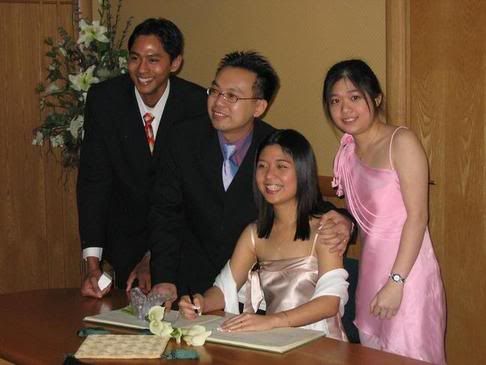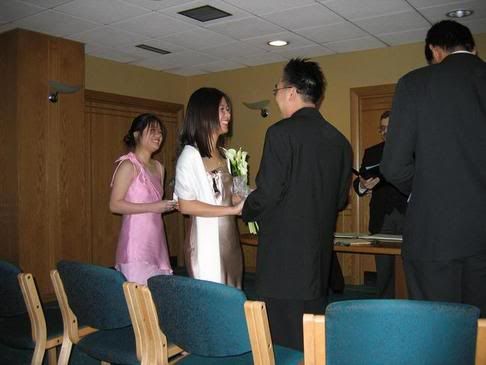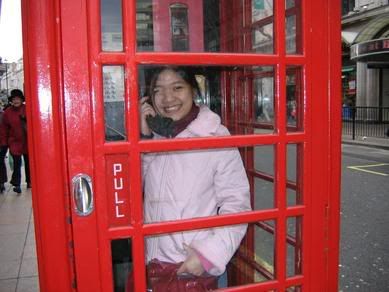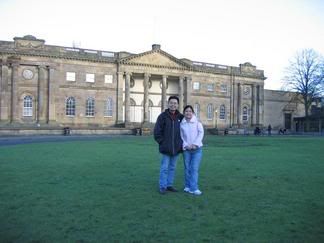I was travelling alone from London-Moscow and I came to know this lady, middle-aged Russian who got married to an Englishman. We really had a good chat throughout the journey, what interesting is I gained new facts and Russian culture which I have misunderstood all these while, hence dislike the country and people. Russians' most oftenly used word-"shto?shto?" which directly translated to English would be "what? What?" That sounds really rude when you approach any Russian to seek help and asking for directions! On contrary, the English would put up such wide smile, politely listen to you and try helping us out! Well, I shouldn't blame the Russians for this is how their language is and it's not their habit to smile to strangers..So, if any of you would some day pay a visit to Russia, don't be like me, disliking them for their unfriendly attitude!=) Another weird thing about Russians is their xmas celebration is on da 7th January when everyone else in da world celebrates this big day on the 25th dec! Well, history of epiphany explains it all!
HISTORY OF EPIPHANY
January 6 is known on the Christian calendar as Epiphany. It is
sometimes called the "Twelfth Night" being the 12th Day of Christmas. It
signifies the event of the Magi, or Wise Men visiting the baby Jesus,
and is known in certain Latin cultures as Three Kings Day. In the
Eastern (Orthodox and Oriental) churches it is known as the Theophany,
"God manifest" commemorating Jesus' baptism. Note, the Magi did not visit
the baby Jesus in the Manger. The Gospel of Matthew says they
visited the "house" and saw the "young child", not an infant. Jesus
could have been up to 2 years old by this time, as evidenced by King
Herod's order to kill all children under that age.
So, the "12 Days of Christmas" don't end at Christmas, Advent does.
Instead, the 12 days start with Christmas, and end with Epiphany,
sometimes called Christmastide. The "season" of Epiphany lasts from
January 6 through the day before Lent.
Epiphany is a Greek word that means manifestation, appearance, or
showing forth. Historically, Epiphany began in the eastern Church as the
celebration of the Nativity of Jesus Christ. As the celebration of
Christmas spread eastward, Epiphany changed to its present meaning.
Indeed, the Church of Rome had, by the year 354, separated out the
commemoration of Christ’s Birth from Epiphany and transferred it to
December 25.
In the Western churches (Protestants, Catholics, and Anglicans) Epiphany
commemorates the "adoration" of the Christ Child by the Magi as they
presented their gifts, thereby "revealing" Jesus to the world as Lord
and King. In some traditions, the "Twelfth Night" party on January 5 is
followed by the exchange of gifts on January 6th. The Russian church's
"Feast of the Nativity," Christmas, is celebrated at this time.
We rarely hear of the 12 Days of Christmas any more, except by way of
Shakespeare's "Twelfth Night" play, or the words to the song "The Twelve
Days of Christmas."



















